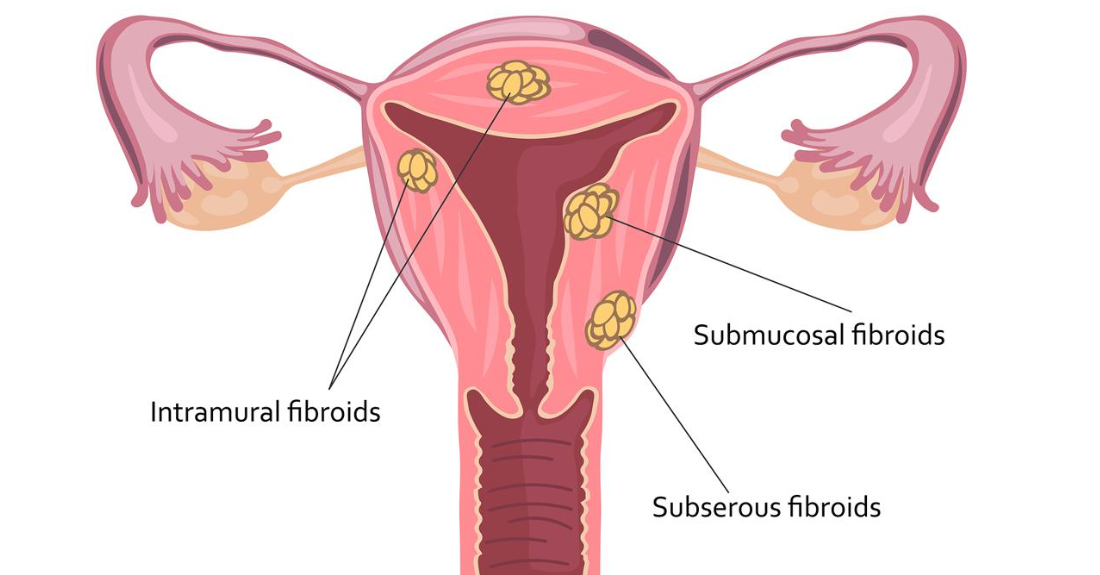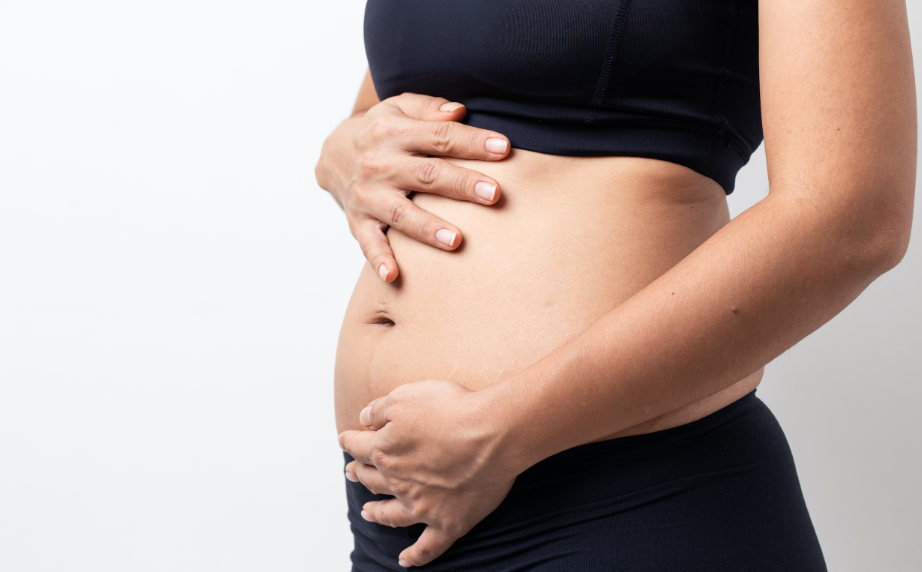A fibroid refers to an unusual growth that grows within the uterus of a woman or a female animal, such as a hen. Fibroids are relatively not painless unless they increase in size over time. The good news is that this growth is non-cancerous and is highly treatable.
Undeniable Signs of Fibroids that Women Rarely Know
The following are some surefire symptoms of fibroids.
-
An abnormal urge to urinate
Firstly, ladies with fibroids feel an unusual urge to pee, forcing them to wake up often to visit the bathroom. Fibroids pile pressure on the bladder, lowering its capacity to hold a given amount of urine.
-
Unusual vaginal bleeding
Women might bleed excessively during their menstrual cycle or before their monthly periods. For this reason, a patient is likely to develop anemia after a few weeks.
-
Unbearable back pain
Large fibroids squeeze vital muscles, such as the lower back and spine. Unlike small fibroids, large ones trigger excruciating lower back pain.
-
Hemorrhoid
Large fibroids press against a patient’s rectum, making passing stool difficult and painful. As a result, one may experience itchiness in the anal region and pass fecal material with blood stains.
Patients must know that some of these signs could be for other conditions. Therefore, they should consult a medic for proper diagnosis after a few blood or urine tests.

Recommended Ways of Treating Fibroids in 2023
Here are a few proven fibroid treatment options available for all patients.
-
Medication
Gynecologists may recommend specific medication, such as Zoladex, Triptorelin, or Leuprolide can reduce such swelling. The medical professional mainly recommends medication, especially if the patient is experiencing extreme bleeding.
-
Contraceptive medication
A gynecologist may prescribe these pills for patients with abnormally heavy periods. This medication will help to minimize the bleeding to stabilize the menstrual cycle.
-
Myomectomy
A female reproductive system doctor might need to do a myomectomy to extract this swelling without affecting the uterus. However, the unfortunate news is that fibroids might re-develop after some time.
-
Hysterectomy
This surgery involves the removal of the uterus to prevent fibroids from re-growing. However, this should be the last option, as the patient can’t get pregnant years after this surgical procedure. The surgeon does not remove the ovaries unless the patient has reached menopause.
Final Thoughts
Women must be aware of a few misconceptions about a fibroid to avoid unnecessary panic. For example, this condition doesn’t prevent a lady from conceiving. Similarly, this disease affects women of all ages, especially if one has a genetic predisposition.


